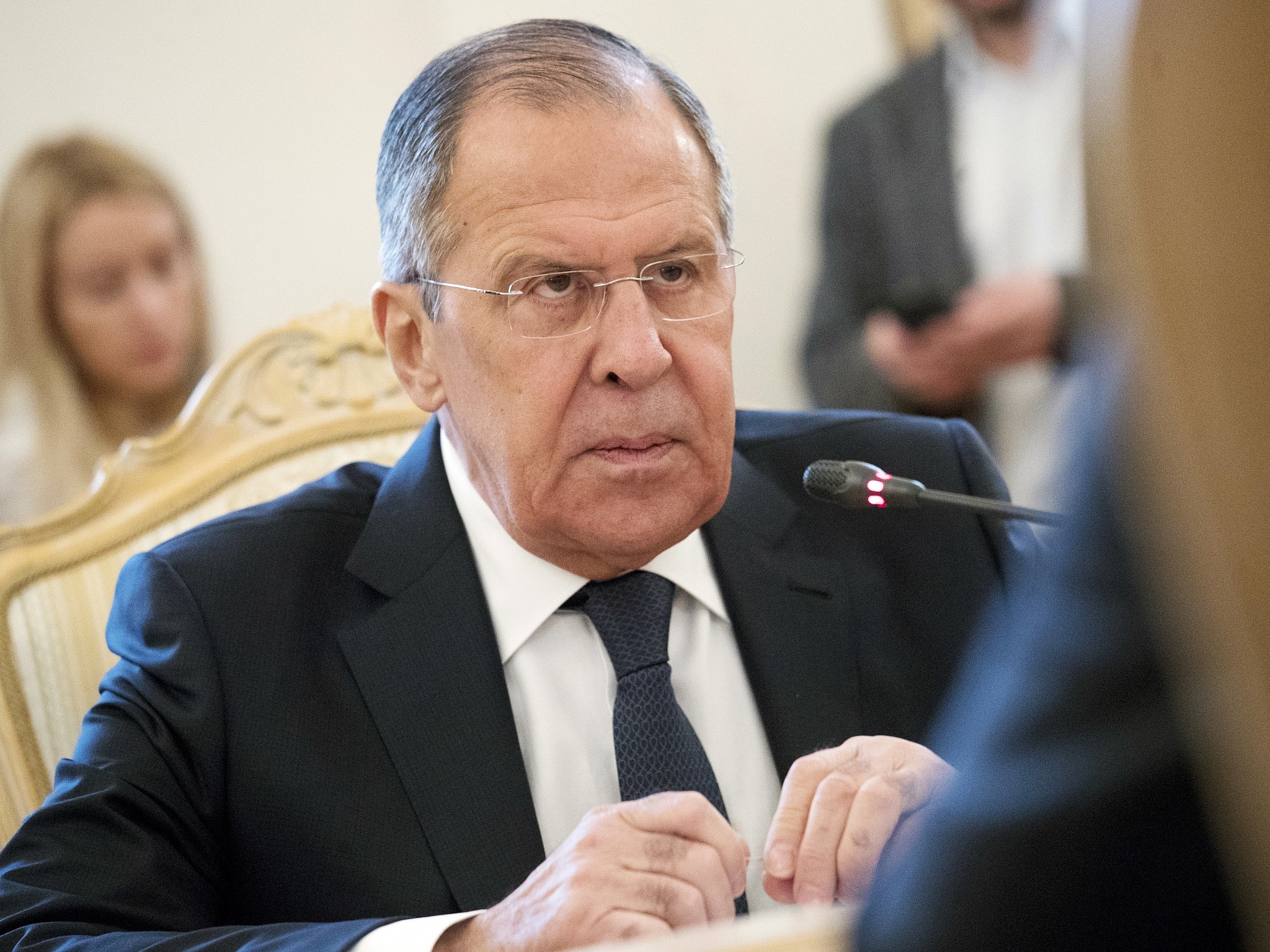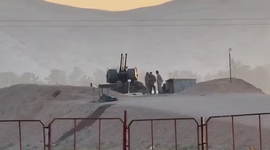Tensions between Russia and the United States are rising amid recent tit-for-tat expulsions of diplomats, demonstrating the fragility in trust between two of the world's most powerful nations.
Speaking at a press conference with his Serbian counterpart in Moscow, Russian Foreign Minister Sergey Lavrov announced that Russia would expel ten US diplomats and restrict the activity of those remaining in the country in a series of measures meant to retaliate for US President Joe Biden's sweeping sanctions against the Kremlin.
"We will give a tit-for-tat response to that. We will also ask ten US diplomats to leave our country," Lavrov said on Friday, according to Vedomosti.
Moscow’s decision comes after the White House hit the country with fresh sanctions on Thursday for what it said was Russia's meddling in last year’s US election in favor of former US President Donald Trump, as well as cyber attacks. The Kremlin denies any role in those alleged actions and attacks. The move included the expulsion of ten Russian diplomats from the US and sanctions on six Russian technology companies, in addition to 32 other individuals and entities allegedly involved in interfering in US elections.
"We have long been telling the Americans that the disparity in the numerical strength of diplomatic missions of Russia in the US and the US in Russia is unacceptable," Lavrov said.
In this regard, Moscow will ban Russians and other non-Americans from working in US missions in the country and put a stop to the practice of uncontrolled and unlimited short-term trips by Department of State employees for work at US diplomatic missions in Russia.
Although both Moscow and Washington voiced their readiness to prevent the current tensions from rising, both sides made it clear that they will go forward with restrictive measures if required. President Joe Biden said Thursday he isn’t seeking to kick off "a cycle of escalation" but would take more drastic action if necessary, while Lavrov warned that Russia could take additional measures, threatening to oust as many as 150 more US diplomats if the "exchange of pleasantries" continues.
Amid heightened tensions between the world's two largest military powers, President Biden is seeking a meeting with his Russian counterpart Vladimir Putin, whom he has recently described as a "killer". In his phone call with Putin on Tuesday — his second conversation with the Russian president since taking office in January — Biden proposed a summit meeting in the coming months "to discuss the full range of issues facing the United States and Russia." Hours after Biden's proposal, the Kremlin has said it will study the idea.
The two countries have been grappling with strained relations since the Ukraine crisis in 2014 and the US presidential election two years later, which saw allegations of Russian interference. Although Russia has repeatedly denied all the accusations, Washington has viewed Russia as a threat. Tense relations between former Cold War foes have only been aggravated over the situation along Ukraine's border.
The conflict in Ukraine’s eastern region has transitioned to a new stage since it erupted in 2014 after renewed shelling and skirmishes between the Ukrainian army and armed separatists. Amid rising tensions in eastern Ukraine, Russia has also launched large-scale nationwide military drills in all military districts to check the combat readiness of its armed forces.
Alarmed by Russia's military buildup near Ukraine's eastern border, the US has promptly expressed its support to Kyiv.
The US-based think tank, the Council on Foreign Relations, believes that the conflict in Ukraine risks further deterioration of US-Russia relations and greater escalation if Russia expands its presence in Ukraine or NATO countries.







 Russian peacekeeping forces, deployed in the Karabakh (Garabagh) region of Azerbaijan since 2020, have commenced their withdrawal from the area.
Russian peacekeeping forces, deployed in the Karabakh (Garabagh) region of Azerbaijan since 2020, have commenced their withdrawal from the area.
 Azerbaijan officially unveiled the logo for the upcoming 29th session of the Conference of the Parties to the United Nations Framework Convention o...
Azerbaijan officially unveiled the logo for the upcoming 29th session of the Conference of the Parties to the United Nations Framework Convention o...
 The Kazakh authorities have increased their arbitration claims against international oil companies involved in the development of the Kashagan oil ...
The Kazakh authorities have increased their arbitration claims against international oil companies involved in the development of the Kashagan oil ...



